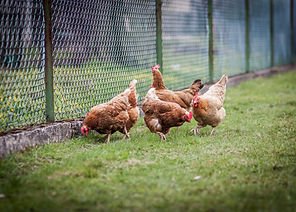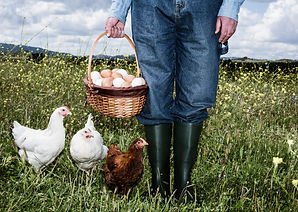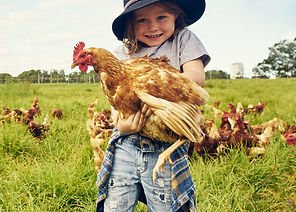
Welcome to Shagbark Bantams
Shagbark Bantams is an independent hatchery focusing on backyard chickens and call ducks. We specialize in Belgian Bearded d’Uccles and Serama Bantams from Malaysia. If you’re just starting out as a ‘fancier’, or raising your first backyard chickens, we hope our articles can help you along the way.

Poultry Health Articles
In depth articles on a variety of topics for the more advanced poultry fanciers.

Our Hatchery
We specialize in Belgian Bearded d’Uccles, Serama Bantams from Malaysia, and Call Ducks
To improve your backyard chicken-keeping experience, Shagbark Bantams provides articles on poultry health, care tips, and troubleshooting common issues. Our comprehensive guides cover essential topics such as leg injuries, proper feeding, and maintaining biosecurity to keep your flock safe from diseases. Education and support we hope can help everyone to successfully take care of their poultry.
Explore our various categories, including FAQs, detailed poultry health articles, and advice on raising both chickens and call ducks. Our goal is to make all relevant information easily accessible, making here a go-to destination for poultry keepers seeking reliable and practical advice. Whether you’re looking to start a new flock or improve the care of your existing birds, Shagbark Bantams provides the expertise and support to help you achieve your goals.
